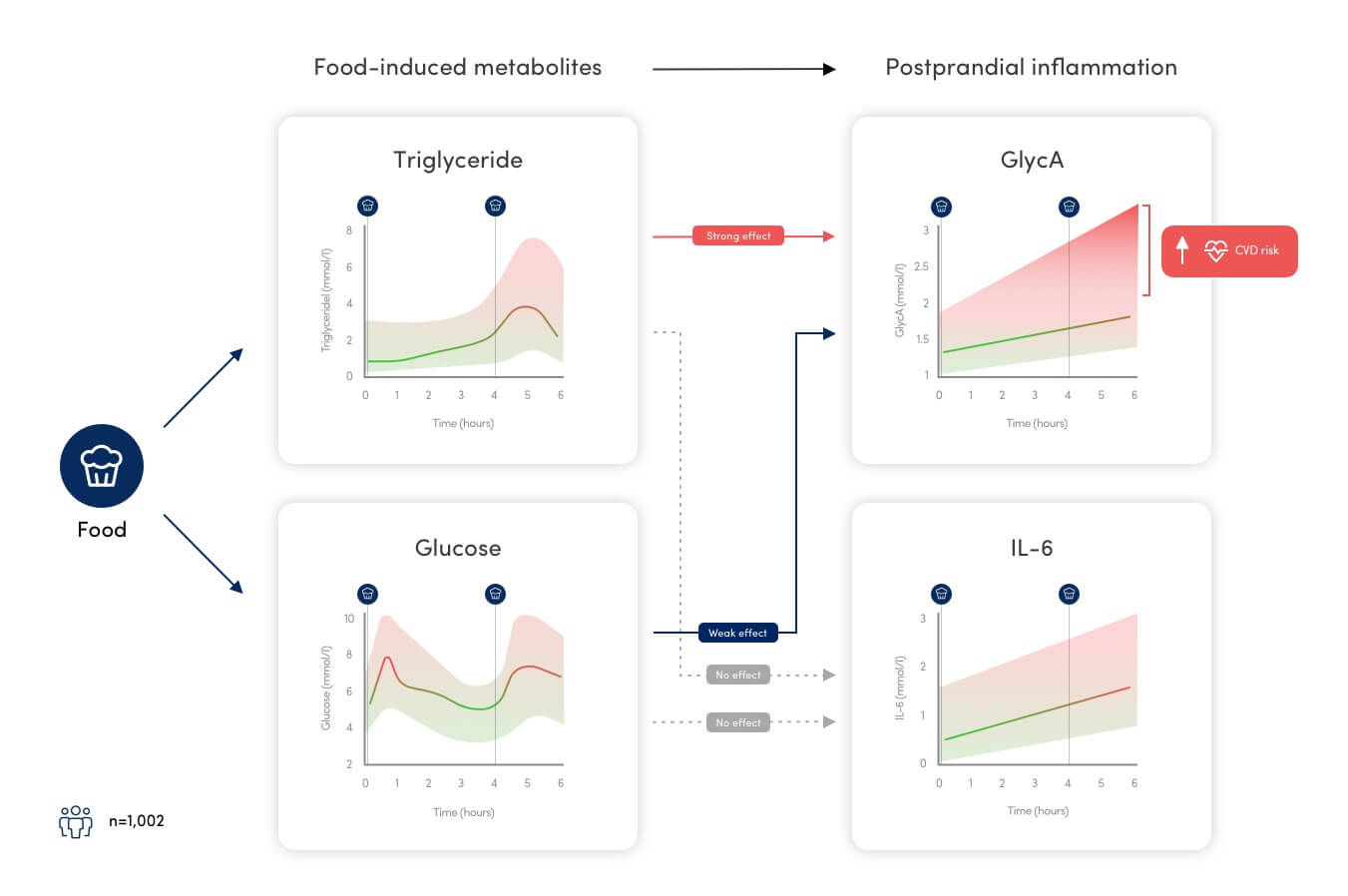June 10, 2020
•

Over the past two years, we've been working with world-leading experts in the areas of nutrition, epidemiology, microbiology, and data science to better understand how and why we all respond to food differently.
For the first time, our scientists presented novel findings from PREDICT, the largest ongoing nutritional study of its kind. Many of these findings dispel long-held beliefs and key myths around diet, the gut microbiome, and long-term health.
Our findings prove that it’s not just what you eat but how and when you eat that matters, and that this is personal for everyone.
Researchers who presented include Sarah Berry and Tim Spector from King's College London, José Ordovás from Tufts University and Nicola Segata from the University of Trento presented their latest findings at the American Society of Nutrition's Nutrition Live 2020 Conference. These findings point to a need for personalized dietary solutions.
Citizen science is at the heart of what we do, and this research has only been possible thanks to the thousands of volunteers who have generously volunteered to take part in our studies.
The PREDICT Program is a collection of the largest nutrition studies of their kind in the world to date. This research combines rigorously-designed clinical trials by world-leading nutrition scientists, large quantities of high-quality data, and machine learning.
In PREDICT-1 we investigated responses to food in more than 1,100 UK and US adults, 60 percent of which were twins. We measured how both blood levels of markers such as sugar, insulin, and fat change in response to standardized test meals. We also gathered data on activity, sleep, hunger, and the gut microbiome.
Big data is helping us look beyond what works for the 'average' person. Wearable technologies such as glucose and activity monitors provide real-time feedback on the body, and provide us with enormous datasets that can be analysed using machine learning tools to help us understand and predict individual nutritional responses.
The large quantity of high quality data collected through our PREDICT Program allows us to take a closer look at integrated responses and inter-related multi-directional pathways. By using a combination of genetic, metabolomic, metagenomic and dietary information, we can predict individuals' responses to food.
We use the term "dietary inflammation" to capture the unhealthy metabolic effects that can be triggered after we eat. Repeated, excessive blood sugar and fat rises can lead to long-term inflammation, weight gain and chronic diseases such as diabetes and heart disease. Many different mechanisms are involved, from increased calorie consumption as a result of regular blood sugar crashes, to oxidative stress and altered blood fat metabolism.

We've launched an at-home test kit and precision nutrition app that will everyone the ability to reduce dietary inflammation and achieve your healthiest weight. These recommendations will be personalized to your unique biology and microbiome rather than just focusing on food alone.